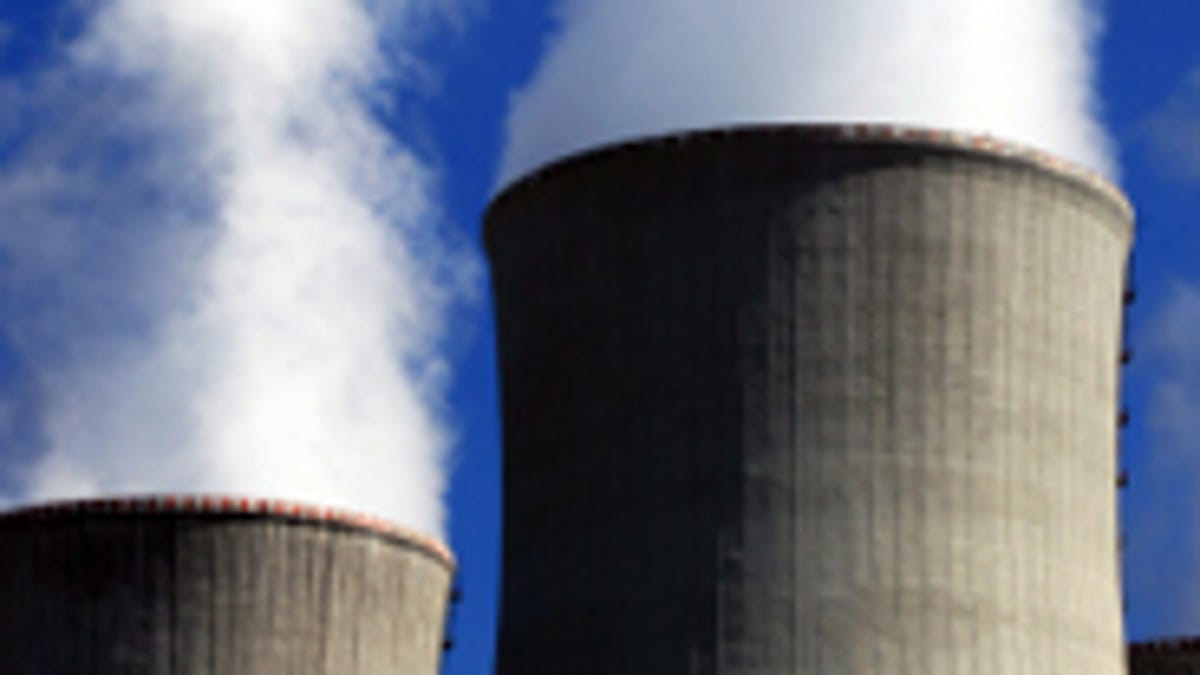Waste heat: The next frontier for clean-tech companies
Businesses like China Energy Recovery and Trigen Energy take that heat swirling around factories and turn it into power.

China is the Saudi Arabia of waste heat, according to Roger Ballentine, president of Green Strategies.
The country's power plants aren't very efficient and, unlike Denmark or Japan, China hasn't invested a lot in technologies that can capture the heat and harness it to produce electricity. That means there's a vast amount of potential energy being squandered--or waiting to be tapped by an entrepreneur or two.
China isn't alone. Over half of the electricity produced in the U.S., for instance, never actually gets used for a productive purpose. A lot of it gets converted into heat, and is then lost.
"There is a tremendous amount of low-hanging fruit," Ballentine said. "Power plants in the U.S. make more heat than Japan uses in a year."
As a result, expect to see a number of companies pursuing this opportunity. China Energy Recovery, for instance, announced this week that it has landed $8.5 million in financing to expand operations. (Ballentine consults for CER.).
In the U.S., meanwhile, keep an eye on Recycled Energy Development, founded by Tom Casten, one of the big names in the industry. He also founded Trigen Energy and Primary Energy.
And GMZ Energy, spun out of Boston College and MIT, says that it too has a more efficient way for converting heat to electricity.
Recycled Energy, like most companies in this business, doesn't sell equipment. Rather, the companies install it at a power plant, maintain it, and get paid according to the percentage of power the equipment saves. If power consumption, controlling for variables, drops by $1 million, a company might receive $500,000, for example.
The technology, Ballentine said, is fairly well-established. Mostly, getting energy out of waste heat revolves around getting companies to adopt it.